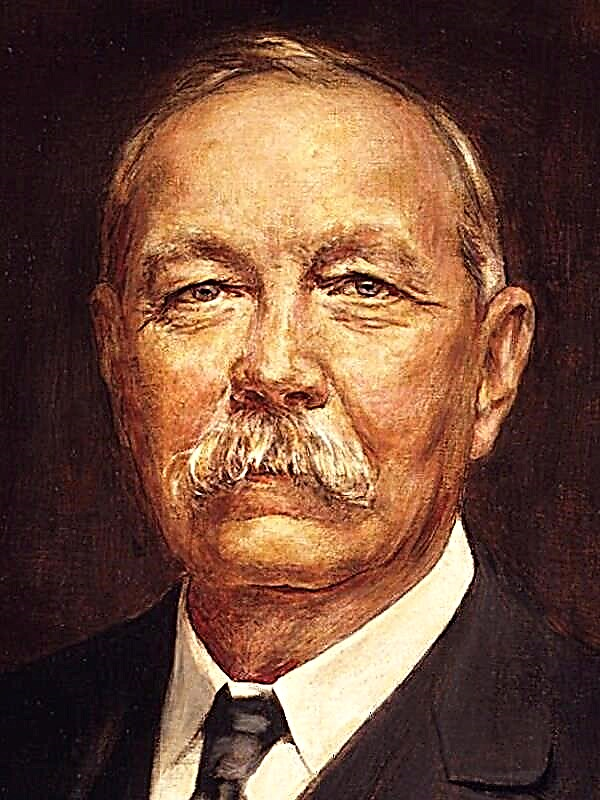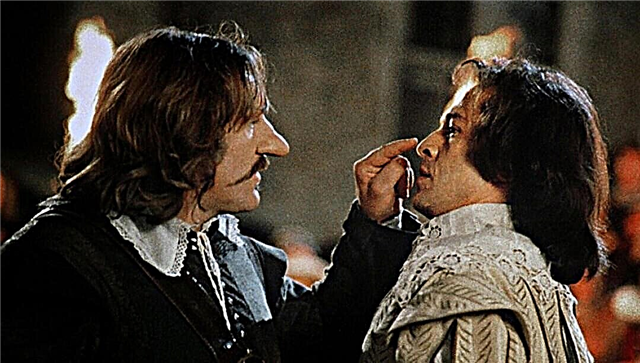In Denmark, a king from the glorious Skilding family named Hrodgar once ruled. He was especially successful in wars with neighbors and, having accumulated great wealth, decided to perpetuate the memory of himself and his rule. He decided to build a magnificent banquet hall for the royal squad. Khrodgar spared neither strength nor funds for the construction, and the most skilled craftsmen built a hall for him, which was not equal in the whole world. As soon as the decoration of the marvelous hall was completed, Khrodgar began to feast on it with his warriors, and the whole neighborhood was announced with the ringing of expensive goblets and songs of royal singers. But the cheerful festivities of the glorious Khrodgar did not last long, foamy beer and golden honey poured for a short time, cheerful songs did not last long ... The noise of the feasts of King Khrodgar reached the den of the terrible enormous monster Grendel, who lived nearby in fetid swamps. Grendel hated people, and their fun aroused anger in him ... And then one night this monster crept inaudibly in the hall of Hrodgar, where after a long violent feast, careless warriors rested ... Grendel grabbed thirty knights and dragged into his lair. The next morning, screams of horror were replaced by cliques of fun, and no one knew where the terrible disaster had come from, where the Khrodgar knights had gone. After much contrition and speculation, carelessness prevailed over fears and fears, and Khrodrap and his warriors again started feasts in the wondrous hall. And again trouble came - the monstrous Grendel began to carry away several knights every night. Soon, everyone had already guessed that it was Grendel who invades the hall at night and abducts peacefully sleeping warriors. No one dared to enter into a single combat with a wild monster. Khrodgar prayed in vain to the gods to help him get rid of a terrible scourge. The feasts in the hall ceased, the fun ceased, and only Grendel occasionally climbed there at night in search of prey, sowing horror around.
The rumor of this terrible disaster reached the land of the Gauts (in southern Sweden), where the reigning King Higelak ruled. And now the most famous hero of Higelak, the hero Beowulf, declares to his master that he wants to help King Hrodgar and will come to grips with the monstrous Grendel. Despite all attempts to dissuade him from what he had planned, Beowulf equips the ship, selects fourteen brave warriors from his squad, and swims to the shores of Denmark. Encouraged by happy omens, Beowulf landed on land. Immediately, a coast watchman arrives at the aliens, asks them about the purpose of their arrival and is in a hurry to report to King Hrodgar. Beowulf and his comrades, in the meantime, put on their armor, disassembled their weapons, and headed along the road paved with colorful stones to the King Hall’s feasting hall. And anyone who sees warriors arriving from across the sea marvels at their sturdy build, fancy helmets decorated with images of boars, sparkling chain mail and wide swords, heavy spears that the warriors carry with ease. Overseas squad meets Wulfgar - one of the closest king of Hrodgar. After questioning them, he reports to the king - they say important guests arrived, the leader calls himself Beowulf. Khrodgar knows this glorious name, he knows that the valiant Beowulf is equal in strength to thirty mighty knights, and the king orders rather to call guests, hoping that with them the deliverance from the great misfortune also came. Wulfgar gives visitors a royal greeting and invitation to the feast.
Beowulf and his retinue, having made spears in a corner, having folded shields and swords, in helmets and armor alone follow Wulfgar; only two warriors remain to guard the weapons. Beowulf greets Hrodgar with a nod and says that now, they say, I am the native nephew of the Haut king of the Gauts Higelak, having heard about the disasters that the Danes suffer from the terrible Grendel, sailed to fight with the monster. But, deciding on this feat, Beowulf asks the king that only he and his comrades were allowed to go to the monster; in the case of the death of Beowulf - so that his armor (which is better than in the whole world, for its prophetic blacksmith Wilund forged) was sent to King Higelak. Khrodgar thanks Beowulf for his willingness to help and tells him in detail how Grendel climbed into his room and how many heroes he ruined. Then the king invites Beowulf and his companions to a common feast and offers to eat honey. At the behest of the king, the bench at the table was immediately cleared for the Gauts, the servants treat them with honey and beer, and the singer delights their hearing with a cheerful song.
Seeing with what honor Khrodgar accepts strangers, many of the Danes begin to look at them with envy and discontent. One of them, named Unfert, even dares to turn to Beowulf with impudent speeches. He recalls the reckless competition between Beowulf and Breka, their attempt to overcome the waves of the formidable sea. Then Breka prevailed in the contest, which is why it is terrible for Beowulf's life if he stays in the hall for the night. Amazing by the wisdom of all those present, Beowulf answers Unforth's unreasonable words. He explains that swimming was only intended to protect the sea lanes from monsters, and in fact there was no competition. In turn, wanting to experience Unfert’s courage, Beowulf offers him to stay in the hall for the night and keep the defense from Grendel. Unfert becomes silent and no longer dares to bully, and the noise and fun reign in the hall again.
The feast would have lasted a long time, but King Khrodgar reminds that the guests will have a night battle, and everyone gets up, saying goodbye to the brave souls. Parting, Khrodgar promises Beowulf that if he saves the Danes from a serious disaster, he can demand anything he wants, and any desire will be immediately fulfilled. When the people of Hrodgar left, Beowulf orders the doors to be locked with strong bolts. In preparation for bedtime, he takes off his armor and remains completely unarmed, because he knows that no weapon will help in the battle with Grendel, and you need to rely only on your own strength. Beowulf falls asleep soundly. Exactly at midnight, the monstrous Grendel creeps up to the hall, instantly knocks out heavy bolts and eagerly pounces on sleeping gauts. So he grabbed one of them, tore the unfortunate body and swallows the prey in huge pieces. Having dealt with the first, Grendel is ready to devour another warrior. But here a powerful hand grabs him by the claw, so much so that a bone crunch is heard. Maddened with fear, Grendel wants to run, but there it was, the mighty Beowulf jumps from the bench and, without releasing the paw of the monster, rushes at him. A terrible battle begins. Everything around is cracking and crumbling, awakened warriors in horror. But Beowulf is gaining the upper hand, he firmly grabbed Grendel's paw, preventing him from twisting. Finally, the cartilages and veins in the shoulder of the monster can’t stand it and tear, the monster’s paw remains in Beowulf’s hand, and Grendel breaks out of the hall and runs, bleeding, to dry out on his swamps.
In the morning there is no end to rejoicing. All Danish warriors, led by Unfert, respectfully remain silent while Beowulf calmly talks about the night battle. All tables are turned upside down, the walls are splattered with the blood of a monster, and his terrible paw is lying on the floor. The grateful King Hrodgar, an expert on ancient legends, puts a song in memory of this battle. And the feast begins with a mountain. The king and queen bring Beowulf rich gifts - gold, precious weapons and horses. Sounding songs thunder, beer and honey flow like water. Finally, having celebrated the victory, everyone calmly settles down for the night in a wonderful room. And again trouble came. Grendel's monstrous mother is at midnight to avenge her son. She bursts into the hall, all the sleeping people jump up from their seats, frightened without even having time to get dressed. But even Grendel’s mother is frightened by so many people and, seizing only one warrior, rushes off. In the morning there is no limit to grief - it turns out that the beloved adviser of Hrodgar Esker died. The king promises to generously reward Beowulf, tearfully begs him to chase the monster into swamps, where no one had ventured to go before. And so the squad, led by Khrodgar and Beowulf, sets off for the dead swamp.
Dismounting, they approach the edge of the swamp where the bloody trail is most clearly visible. Nearby, on the shore, lies the head of poor Esker. Water is teeming with sea monsters, one of them is overtaken by Beowulf's arrow. Turning to Hrodgar, Beowulf asks, if destined for him to die, to forward all the gifts to King Higelak. Then, taking the ancient famous sword, the hero jumps into the pool, and the waves hide it. Beowulf descends all day, and the sea monsters cannot harm him, for he has impenetrable armor. Finally, the hero reaches the bottom, and immediately Grendel’s mother pounced on him. Beowulf beats her with a sword, but the thick scales are not inferior to ordinary steel. The monster jumps on Beowulf, crushes it with all its weight, and it would be bad if the knight had to, if he did not remember in time about the huge ancient sword forged by the giants. Cleverly emerging from beneath the monster, he grabs his sword and cuts his neck with all his might. One blow resolved the matter, the monster fell dead at Beowulf's feet. As a trophy, Beowulf takes away the head of a monster with him, he wants to take an ancient sword, but only one hilt remained from the sword, for it had melted as soon as the battle was over.
Beowulf's comrades were already desperate to see him alive, but then he appears from the bloody waves. That night the guests sat noisily and merrily at King Hrodgar's table, feasted well after midnight and went to bed, now fearing nothing. The next day, the Gautas began to gather home. Generously endowing everyone, King Khrodgar warmly said goodbye to them. Upon Beowulf's return, honor and respect were waiting everywhere, songs were composed about his exploit, cups rang in his honor. King Higelac bestowed on him the best of his swords, lands and castle for life.
Many years have passed since then. King Higelac and his son fell in battle, and Beowulf had to sit on the throne. He wisely and happily ruled his country, suddenly - a new disaster. In his possessions settled winged serpent, which killed people at night and burned houses. Once a man pursued by enemies buried a huge treasure. The dragon tracked down the cave with treasures and guarded them for three hundred years. Once, the unfortunate exile accidentally wandered into the cave, but from all the treasures he took only a small goblet to propitiate his inexorable master. The snake noticed the loss, but did not find the kidnapper and began to take revenge on all people, devastating the possessions of Beowulf. Having heard about this, Beowulf decides to crack down on the dragon and protect his country. He is no longer young and feels that the demise is near, but still goes to the snake, ordering himself to forge a large shield for defense against the dragon flame. The unfortunate wanderer was taken into the guides.
Approaching the cave, Beowulf and his team see a huge stream of fire, which is impossible to cross. Then Beowulf begins to loudly call out the dragon so that he crawls out. Hearing human voices, the dragon crawls out, spewing out jets of terrible heat. His appearance is so terrible that the soldiers flee, leaving their lord to the will of fate, and only the faithful Wiglaf remains with the king, trying in vain to keep the cowards. Wiglough draws his sword and joins Beowulf fighting with the dragon. Beowulf's mighty hand, even in old age, is too heavy for a sword, from hitting a dragon's head a red-hot sword shatters to pieces. And while Beowulf tries to get a spare sword, the serpent inflicts a mortal wound on him. Gathering strength, Beowulf again throws himself at the dragon and with the help of Wiglaf defeats him. With difficulty leaning against the rock, knowing that he was dying, Beowulf asked Wiglaf to take out the treasures taken from the snake so that he could admire them before his death. When Wiglough returns, Beowulf has already fallen into oblivion. With difficulty opening his eyes, he looks around the treasures.
Beowulf's last command was this: to bury him on the seashore and pour a large mound above him, visible from afar to sailors. Beowulf bequeathed his armor to Wiglaf and died. Wiglough summoned the fearsome warriors, scolded them. By all rules, they laid Beowulf's body on a funeral pyre, and then erected the majestic mound on the seashore. And the sailors, from afar directing their ships to this hill, say to each other: “Beowulf’s grave can be seen high above the surf. Honor and glory to him! ”


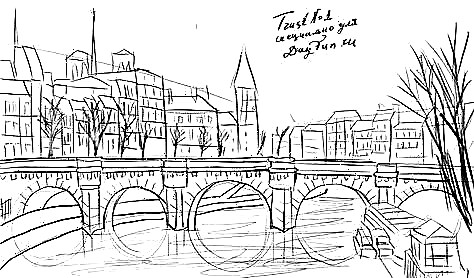
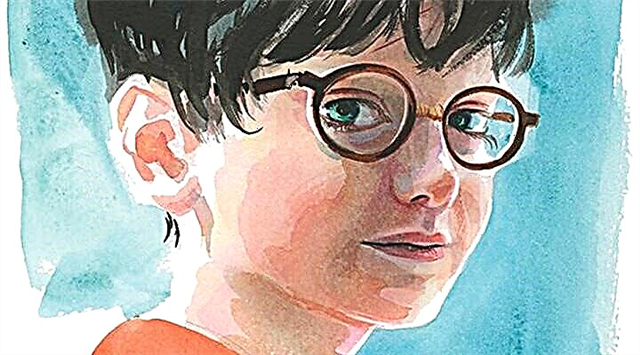
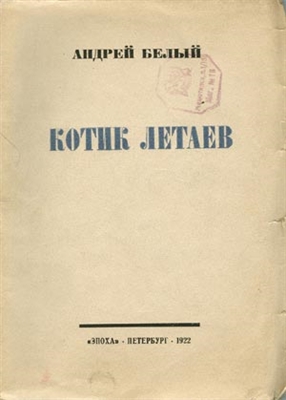
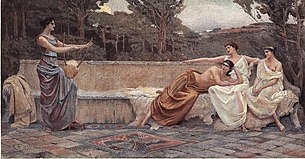
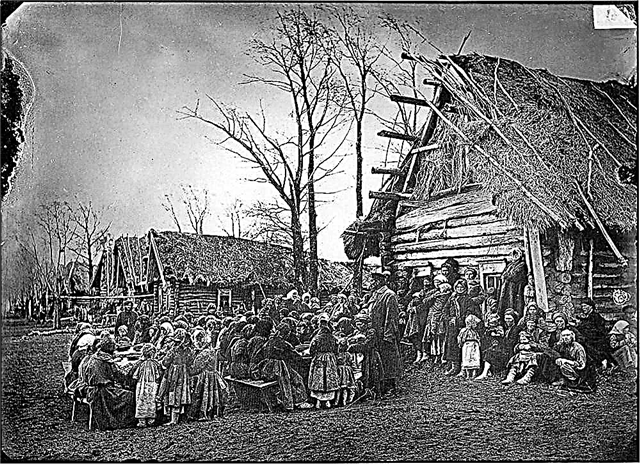
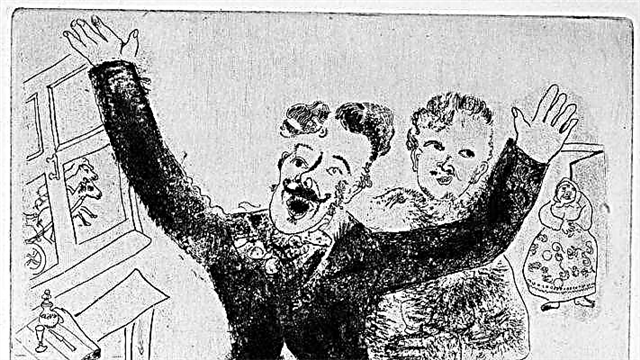
 Created for sale
Created for sale